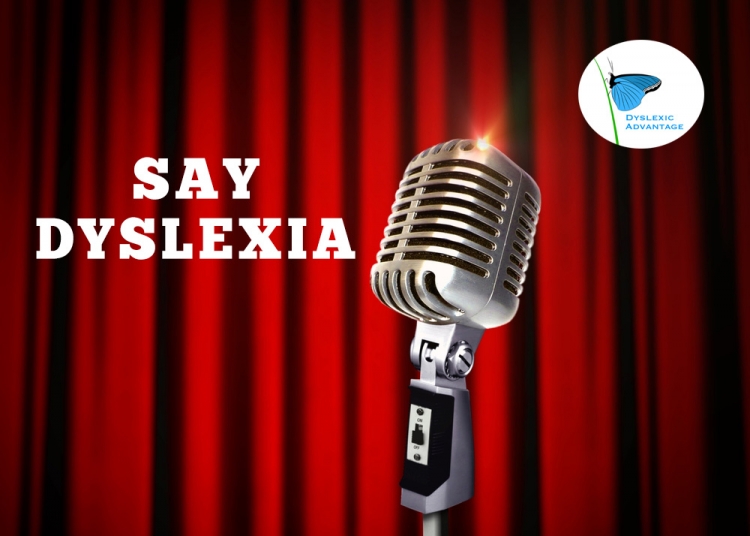
What is Dyslexia? Dyslexia is a brain-based learning difference with a strong genetic basis. It characterized by unexpected difficulties in fluent reading and specific patterns of difficulty with writing, spelling, and sometimes math as well as strengths in problem-solving and many aspects of creative thinking. The word unexpected is used because dyslexic children have normal or superior intelligence and so the difficulties are not ‘expected’.
Neuroscience has been helpful in further characterizing dyslexia because now it is possible to identify brain differences before children are reading and other brain network differences (for example, increased synchrony in the default mode network) at rest. Other differences (that have impact on learning and test taking) include aspects of visual and auditory processing and working memory. Scientific evidence is converging on the understanding of brain-based differences of dyslexia and it is becoming increasingly apparent that dyslexic people have a learning difference, not deficit and people using outmoded language such as ‘affliction’ and ‘disease’ are wrong.
In spite of the science, dyslexia as an entity is surprisingly under attack from different groups. One particularly dangerous movement is the effort to lump dyslexic learners with poor or struggling readers of low IQ – perhaps in the misplaced hope that IQ would not matter for educational intervention and individualized education for dyslexic students be unnecessary. Of course, though, that would be wrong.
Recently, Kuppen and Goshwami (2016) have shown that the developmental course of dyslexic vs. low IQ poor readers diverge quite markedly on tests of phonological awareness, phonological short term memory, and rapid automatized naming (RAN).
As expected, the research found a strong deficit for phonological deficit in dyslexia, whereas the developmental trajectory for the phonological awareness of low IQ poor readers “may be reading-level appropriate for this group” rather than “at the core of poor reading”.
Furthermore, the “low IQ children were very poor on the phonological short term memory task…in comparison, the children with dyslexia showed a parallel developmental course to typically developing over chronological age…that merged over time with the typically developing…”
So even independent of the often superior conceptual skills and problem solving capacity of dyslexic children, the developmental course of dyslexic students’ reading is fundamentally different from low IQ children who also struggle to read. To equate them does disservice to both groups. The idea that the strengths of the dyslexic child shouldn’t matter in school is an antiquated and long-standing dangerous practice that once resulted in Pulitzer Prize winning poet Philip Schultz being held back 3-times in public school and MacArthur Genius and world dinosaur expert Jack Horner flunked 7 times from college so that he never could obtain his college degree.
We have to do better.
Dyslexic students have the right to have their intellects challenged and learn to the level of all their thinking abilities. Highly capable or gifted dyslexic students should have the option to learn in highly capable or gifted classrooms in addition to accommodation support and assistive technology wherever needed. This is what an appropriate education really is.
Kuppen and Goswami, Developmental trajectories for children with dyslexia and low IQ poor readers.
developmental-dyslexia-vs-poor-readersDownload HERE.














